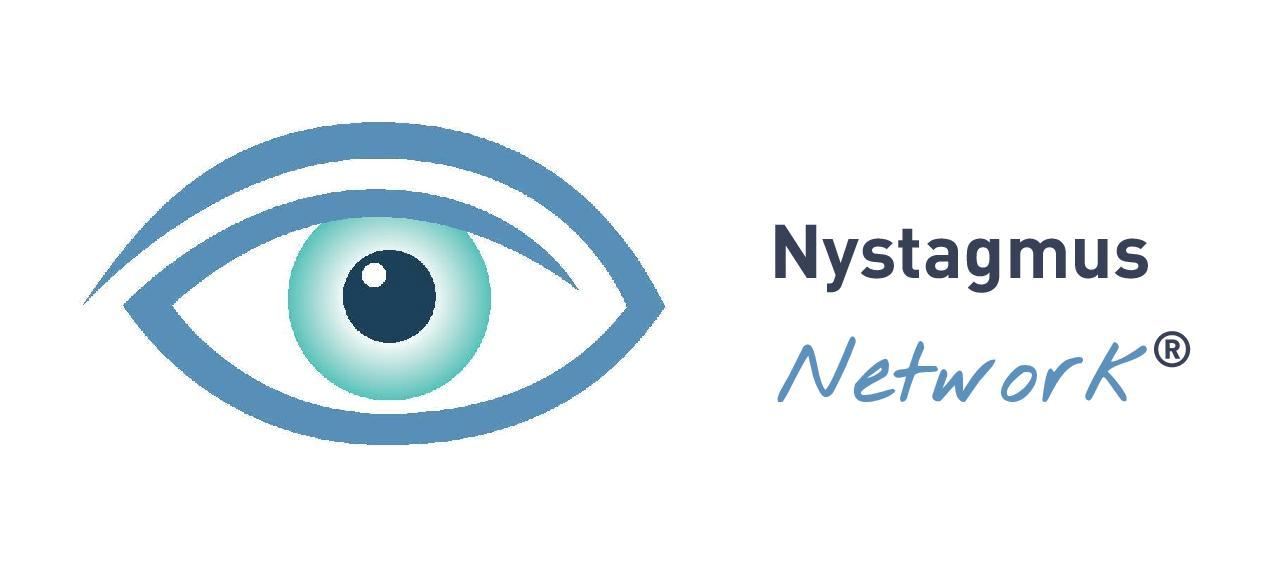Impact of the COVID-19 pandemic on individuals with nystagmus
and an exploration of public assumptions about the condition: an electronic questionnaire study
The study explored the self-reported impact of the COVID-19 pandemic on those with nystagmus, and examined both public understanding of how nystagmus affects people who have it and the perceptions of public understanding by those with the condition and their carers.
In conclusion, the study highlights the lack of public awareness of nystagmus and suggests opportunities to increase awareness without the need for extensive knowledge of the condition. The COVID-19 pandemic has posed additional difficulties for those living with nystagmus, which is likely to be comparable among those with similar ocular disorders.
Jay Self, a member of the team behind the survey, says: “Perhaps the most important message is that people who even loosely know someone with nystagmus or even those who have heard of it, tend to have a much greater understanding of the problems faced by those with nystagmus meaning that perhaps very soft things (like Richard Osman talking about it on the radio, for example) could be done to improve public awareness and appreciation without the need for the whole populous to have been to a seminar on it.”
Sue Ricketts from the Nystagmus Network, also involved in the survey, says: “It just goes to show that raising awareness of nystagmus, such as by marking Nystagmus Awareness Day each year, really does have an impact on the lives of people living with this condition.”
Read the full research article online here
Thank you to those members of the nystagmus community who took part in the survey and shared it with their wider circles.




